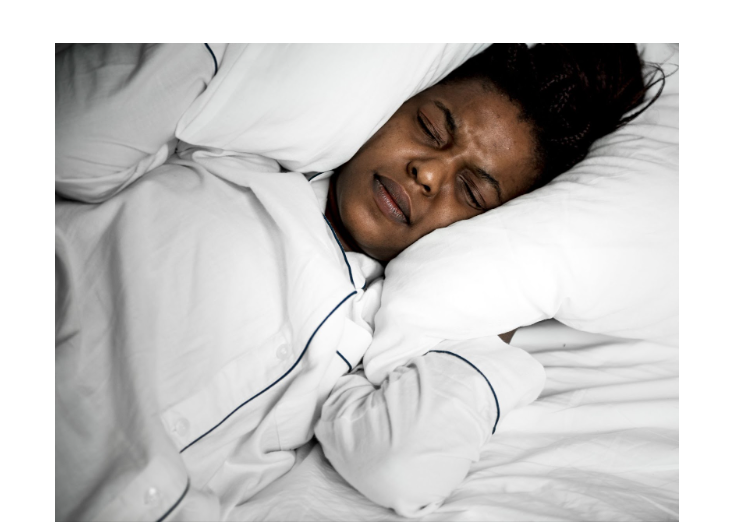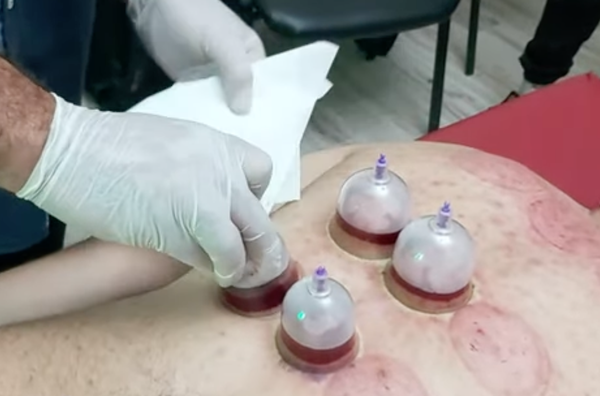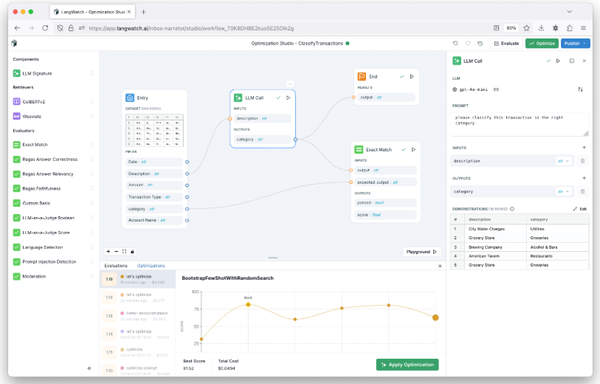New Study Reveals Poor Sleep Can Age Your Brain Almost Three Years Faster
Table of Content
A new study has shown that poor sleep can make the brain age nearly three years faster. The study, titled Association of Self-Reported Sleep Characteristics With Neuroimaging Markers of Brain Aging Years Later in Middle-Aged Adults, was published in peer-reviewed journal Neurology. Its aim was to determine the association between early midlife sleep and advanced brain aging patterns in late midlife
The Study
This study involved almost 600 middle-aged participants, and revealed that difficulties in falling asleep or staying asleep are linked to lower brain health in later years. Researchers analyzed sleep data at an initial baseline and then again five years later, focusing on short sleep duration, bad sleep quality, difficulty initiating and maintaining sleep, early morning awakening, and daytime sleepiness. Each participant was categorized into 1–2, 2–3, and >3 poor sleep characteristics (PSC). After another 10 years, researchers used MRI scans and machine learning tests to estimate the participants’ brain age.
Results showed that out of the 589 participants, 70 per cent initially reported 0–1 PSC, 22 per cent reported 2–3, and 8 per cent reported >3. Final results found that those who reported 2–3 and >3 PSC, had 1.6 year, and 2.6 year older brain ages, respectively, than those who regularly get quality sleep.
These results highlight the importance of investigating early sleep interventions for preserving brain health.
Long-Term Health Effects of Sleep Problems
There are many ways that long term sleep deprivation can affect your health, some of which are outlined below.
Hypertension
Experts believe that sleep helps the body regulate hormones needed to control stress and metabolism. Over time, a lack of sleep can cause swings in hormones, leading to high blood pressure (hypertension). The less you sleep, the higher your blood pressure may get.
Heart Attack and Stroke
There is a link between sleep deprivation and a greater risk of fatal cardiovascular problems, including heart attack and stroke. Heart problems are a leading cause of illness and death in the United States.
Depression and Anxiety
As anyone with an online Masters in Clinical Mental Health Counseling knows, sleep deprivation is linked to numerous mental health issues, particularly depression and anxiety.
Sleep cycles and mood regulation are both regulated by melatonin, and lower levels of melatonin are often found in people suffering from both depression and insomnia.
Diabetes
A lack of sleep may disrupt the body’s system for processing glucose, causing less insulin to be released into your body after you eat. It also often means the release of more stress hormones to keep you awake, which can prevent insulin from doing its job properly. As a result, too much glucose can stay in the bloodstream, increasing a person’s risk of developing type 2 diabetes.

Consequences of Accelerated Brain Aging
Similarly to sleep deprivation, there are numerous ways that accelerated brain aging can affect health. The risk of cognitive decline, memory problems, and neurodegenerative diseases can all increase due to sleep deprivation.
Dr Clemence Cavailles, one of the researchers behind the study, said “Sleep problems have been linked in previous research to poor thinking and memory skills later in life, putting people at higher risk for dementia.”

How to Prioritize Quality Sleep
Stick to a Sleep Schedule
Most people need seven to eight hours of sleep each night. It’s about more than just getting enough sleep though, prioritizing sleep means getting into a healthy routine and building positive habits for sleep hygiene. Do this by going to bed at the same time every night, and waking up at the same time every day. This helps to train your brain into healthy and regular habits.
Tools like a sleep cycle calculator can help you determine the optimal times to go to bed and wake up, ensuring you align with your natural sleep patterns.
Create the Right Environment for Sleep
Having an environment that is conducive to rest is incredibly important. Keep your bedroom dark, quiet, and cool. Try to avoid having a TV in your bedroom and stay off your phone as much as possible before bedtime.
Exercise
Regular physical activity can help you sleep better, but you should avoid doing any strenuous exercise too close to bedtime, as this can actually have the opposite effect, keeping you awake for longer.
Reduce Stress
Some stress is normal, but too much stress can have a negative impact on sleep habits, making it more difficult to fall asleep, or stay asleep overnight. Try to reduce stress factors in your life, and implement stress management techniques in your day-to-day activities. Try out journaling, mindfulness, and similar activities. Exercise can also be good for stress. If your stress levels ever feel like too much, consider talking to your doctor.
Most of us have probably been told in various ways throughout our lives that sleep is important, and we should prioritize quality rest. But these conversations usually revolve around energy levels, concentration, and mood. While these are all important, sleep is also crucial for so many other reasons. Quality sleep is key to looking after our brains, and the consequences of sleep deprivation can be dire for both physical and mental health. Prioritize getting quality sleep as much as possible, and if you’re finding yourself struggling to sleep well, talk to your doctor.












